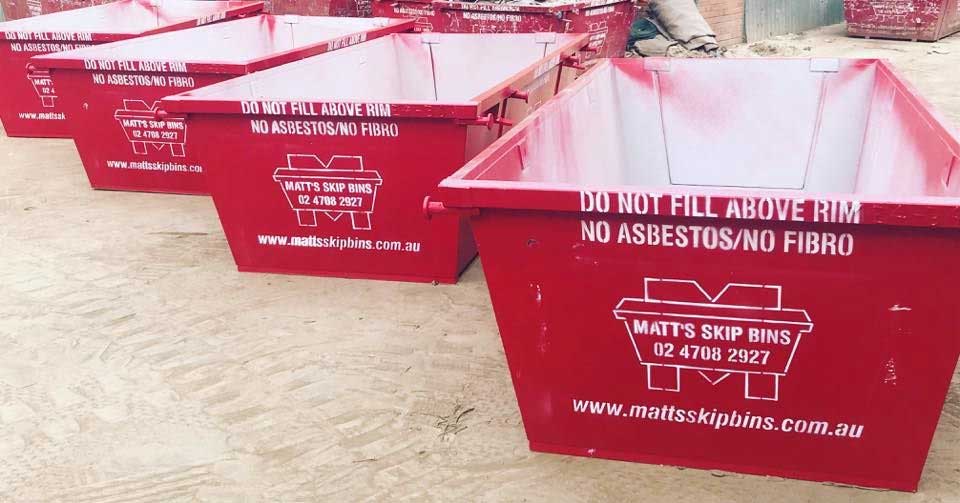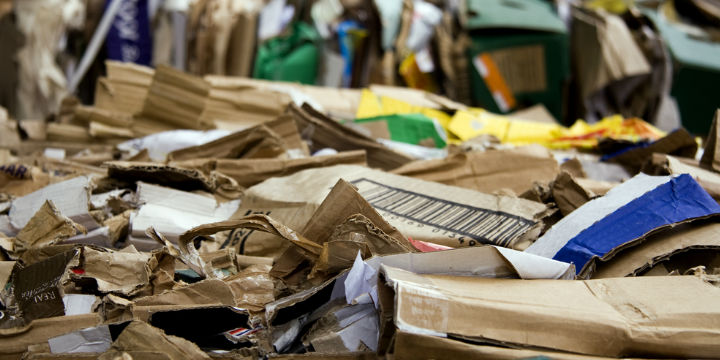08 Feb • 2 min Read Sydney’s Top Recycling Fun Facts
Throughout the past two decades, the Australian population has greatly improved their home and workplace recycling practices. The call to recycle is something that we all hear daily, wherever we are and there’s a very good reason for that. Impulse purchases and failing to think about the impact that such a large amount of waste has on our environment is catching up to us. So what can we do to help in Sydney?
Top Recycling Fun Facts For Sydney
- In 2004, the average Australian household wasted an average of $1,226 worth of goods. In Sydney alone in the same year, there was over $2.5 billion worth of goods discarded without ever having being used. As new goods and products, these could have been donated to those less fortunate or recycled for other purposes.
- According to estimates, the average Australian household produces about 400 kilos of waste per year, meaning we actually generate more waste per person than most other countries.
- Plastic bags make up one of the largest sectors of rubbish in Sydney, with Australians using around 3.92 billion plastic bags every year.
- Plastic bags are made up of non-renewable resources and cannot be placed into the recycling bin to be recycled with other products. This is because they contaminate the recycling and jam the machinery!
- There are ways to safely recycle soft plastics like bread bags, biscuit and confectionery packets, frozen food, rice and pasta bags, plastic bags and even old reusable bags. Visit your local Coles supermarket in Sydney and drop them into the REDcycle collection bin. Your empty packaging will then be recycled into useful new products like outdoor furniture.
- Just 8.7 plastic bags from markets have enough petroleum within them to power a car for one kilometre. Since Australians use 3.92 billion bags a year, this means the petrol in these bags could power a car for well over 450 million kilometres.
- When paper is disposed of to landfill rather than recycled, it creates methane as it breaks down. Methane is a major greenhouse gas that contributes to global warming with a life span 21 times longer than carbon dioxide.
- Once an aluminium can is recycled, it’s back on the grocery shelf as another aluminium can in 60 days.
- An individual who lets their daily Sydney Morning Herald newspaper go to landfill will cause 350 kilograms of extra carbon dioxide each year.
- In 2010, Australians recycled only 30.3% of their steel cans and 67.4% of aluminium cans. Many steel cans are still being sent to landfill, despite 93% of Australians having access to kerbside recycling services that accept steel packaging.
By improving our knowledge of what can be recycled and making changes to our buying habits, we can all contribute to a more positive environmental future. Looking for an environmentally friendly way to discard and recycle waste from your Sydney home or business? Check out our bin sizes and book a bin online. If you have any enquiries, please call us on 02 4708 2927.



